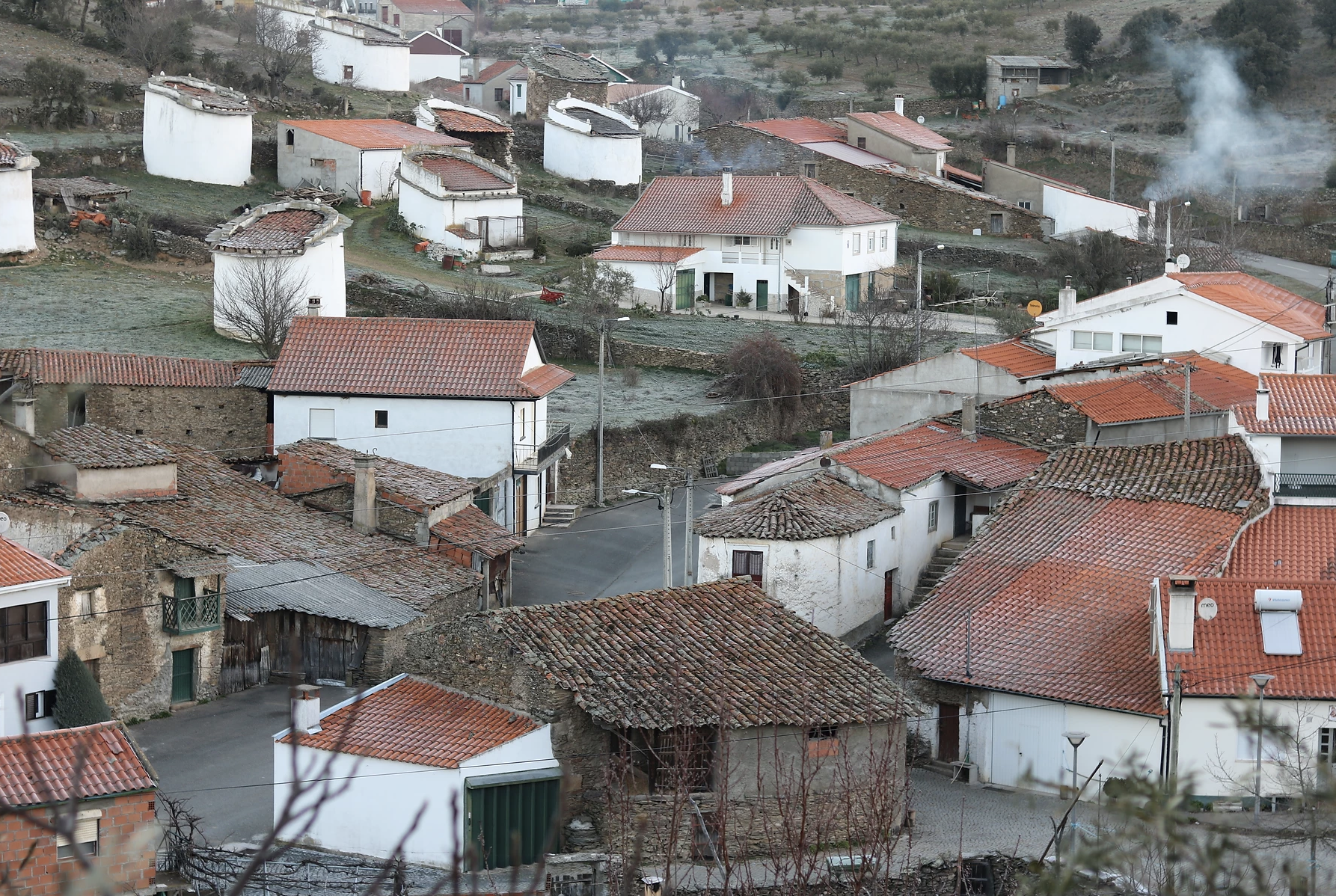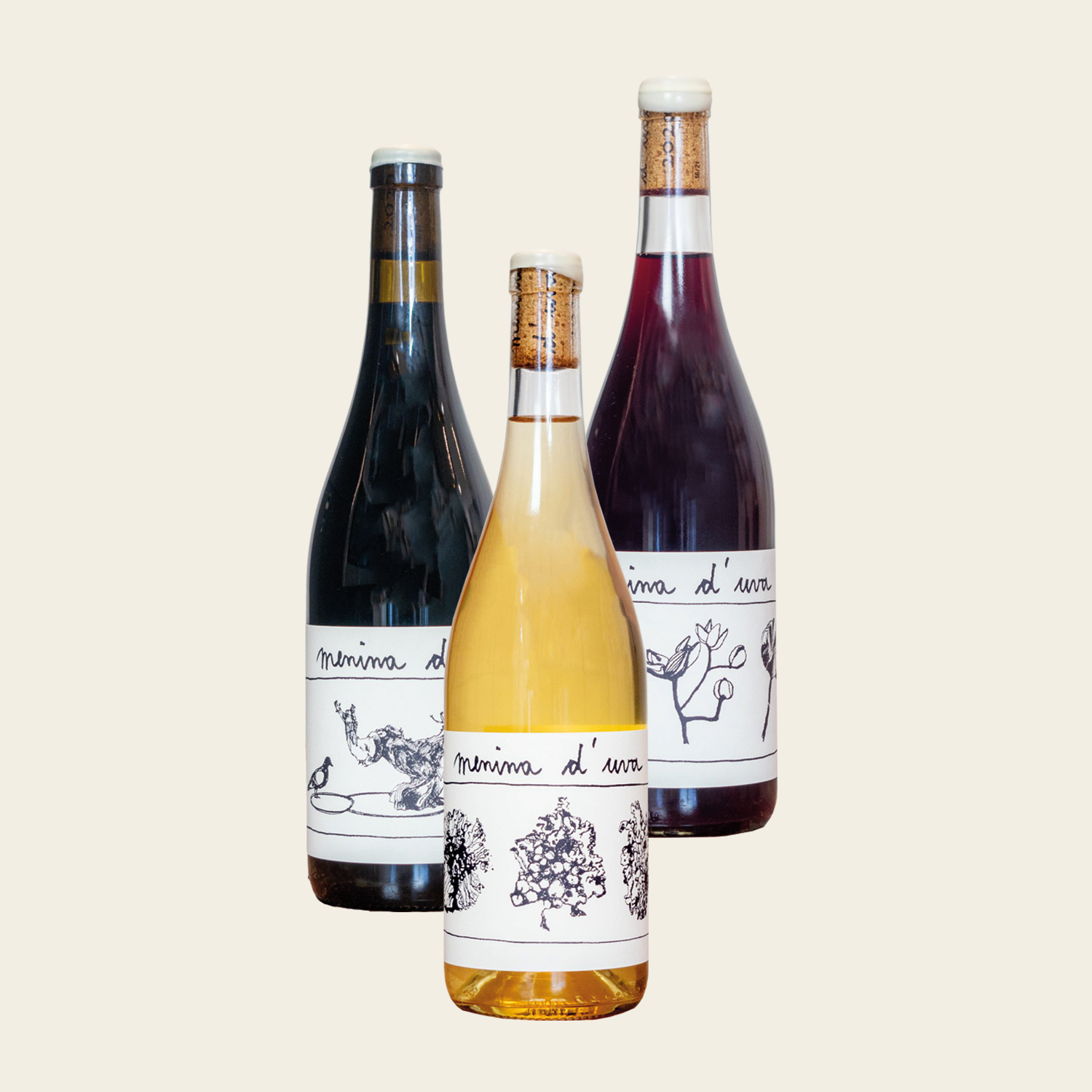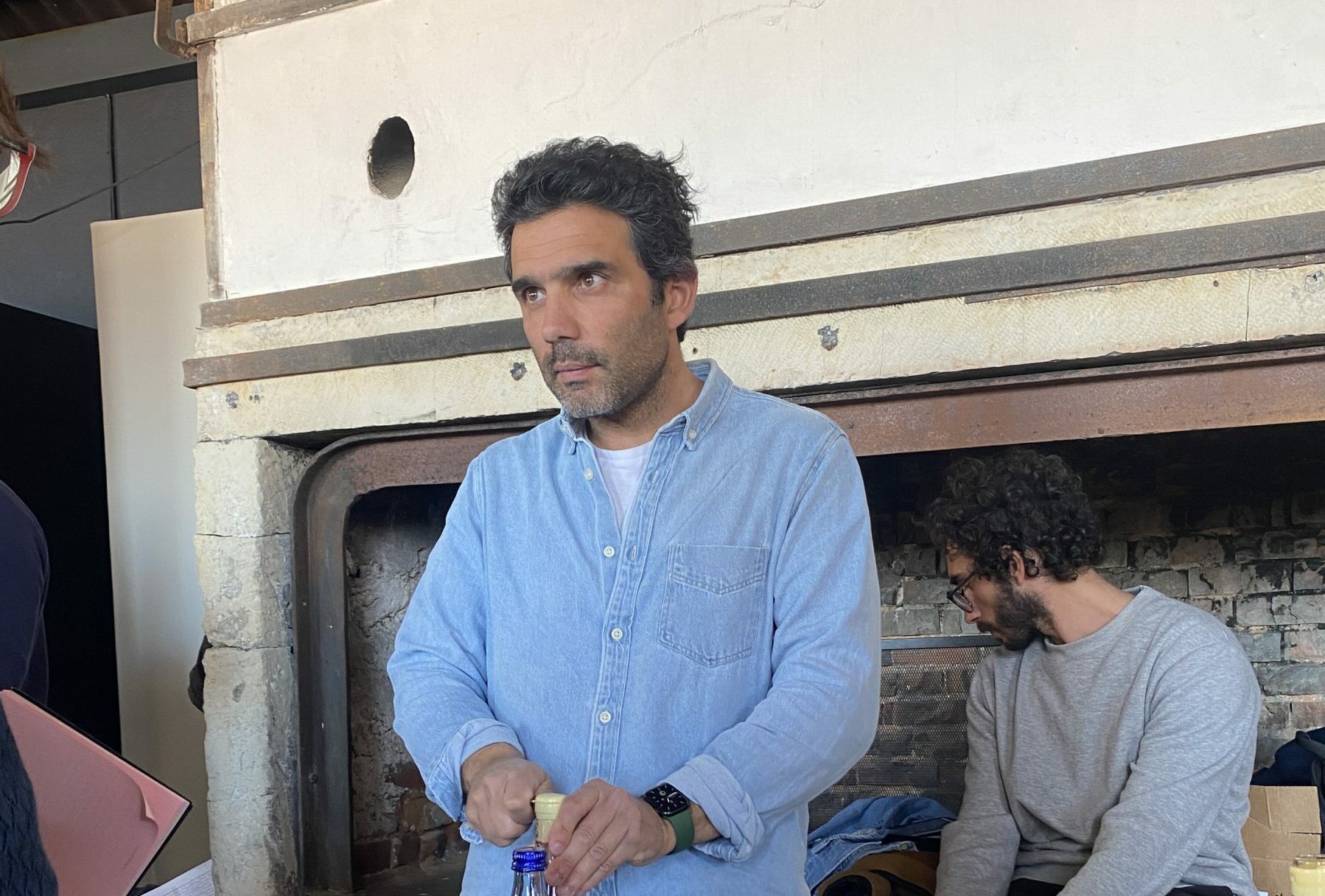Aline Domingues, or the girl (menina) of Uva as she likes to call herself was born and raised in France. Studying biologie in Paris and learning the tricks of the wine trade in the Bourgogne and Languedoc. After falling in love with the natural process of producing wine she decided to return to the country of her parents, Portugal. She settled in the tiny village of Uva tucked away in the mountaines region of Planalto Mirandês located in the North-East of Portugal. She focusses on preserving the land and restoring old vineyards. All natural, without chemicals or other products and completely in harmony with nature!
Aline started the Menina d’uva project in 2017 and with only a couple of harvests under her belt she has quickly been appreciated as one of the top winemakers in Portugal. “When I returned to my parents land, in Planalto Mirandês, I exchanged Paris for a simple, rural life, which has always attracted me. I started with the aim of caring for, and sharing the wonderful wine-growing heritage of this region.” The vineyards are located in the heart of the Mirandese plateau, in Uva, a village nestled in the hollow of the mountains, where just 50 inhabitants reside. The village is surrounded by a large concentration of traditional dovecotes (houses for doves or other birds), and formerly by many vineyards. Unfortunately, most of those were uprooted or abandoned.
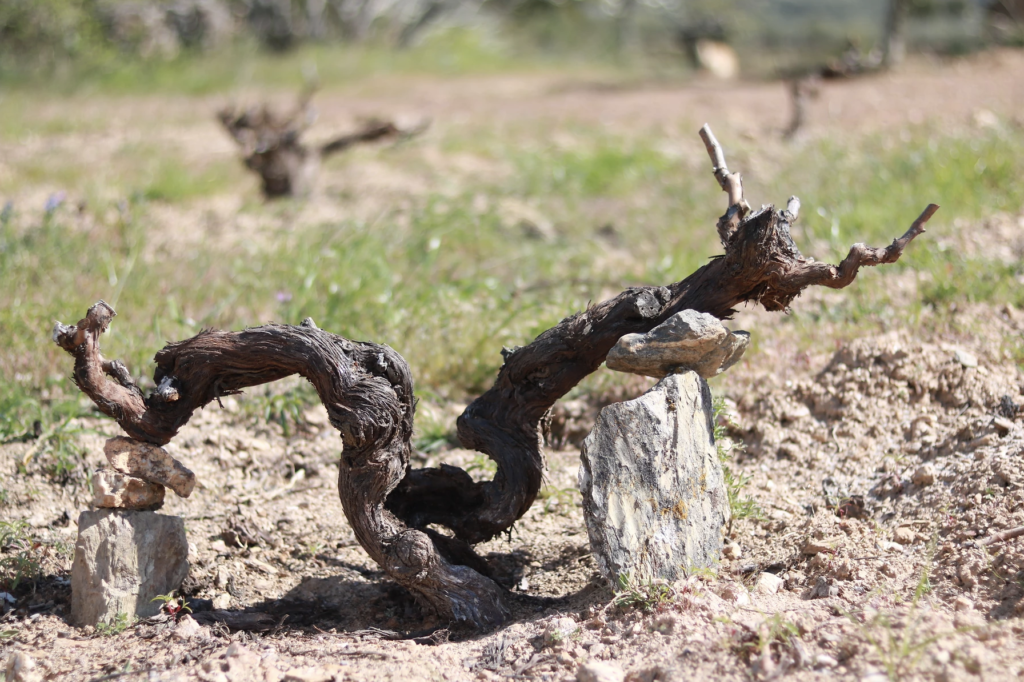
The first vintage
Aline started in 2017 with a small production, in an old house that her grandfather got her. No water and no electricity. The following year, she started recovering three small plots of old vines from the villagers, and organized the winery through participatory financing. Producing 2000 bottles, naturally and due to lack of electricity entirely manually. Since then seven more plots of old, varietally mixed vineyards have been added to the project. Covering a total of three hectares around Uva and extending to neighboring villages.
Native grape varieties
The vines on the property are between 40 and 100 years old, and have been planted with a blend of traditional grape varieties from the region. Planting and mixing different varieties of grapes used to be a very common thing in Europe. But with the 20th century practical thinking this switched to a lot of monoculture vineyards. Not great for biodiversity or sustainable farming. The mixed varieties at Aline’s project are mainly planted in schist and quartz soils, which favor the deep infiltration of the roots, and make do with the scarce 300 mm of annual rain. Some plots rest on rare sedimentary covers of the region, ancient dried up river beds. These are shallower soils, but with higher fertility and easier drainage, retention and circulation of water. In the cold land of the plateau, the climate is punctuated by long cold winters and hot summers. Between day and night, the large temperature ranges allow the grapes to mature slowly and enrich their aromas. These very old vine varieties are perfectly adapted to this type of terroir, and allow the production of singular and unique wines.
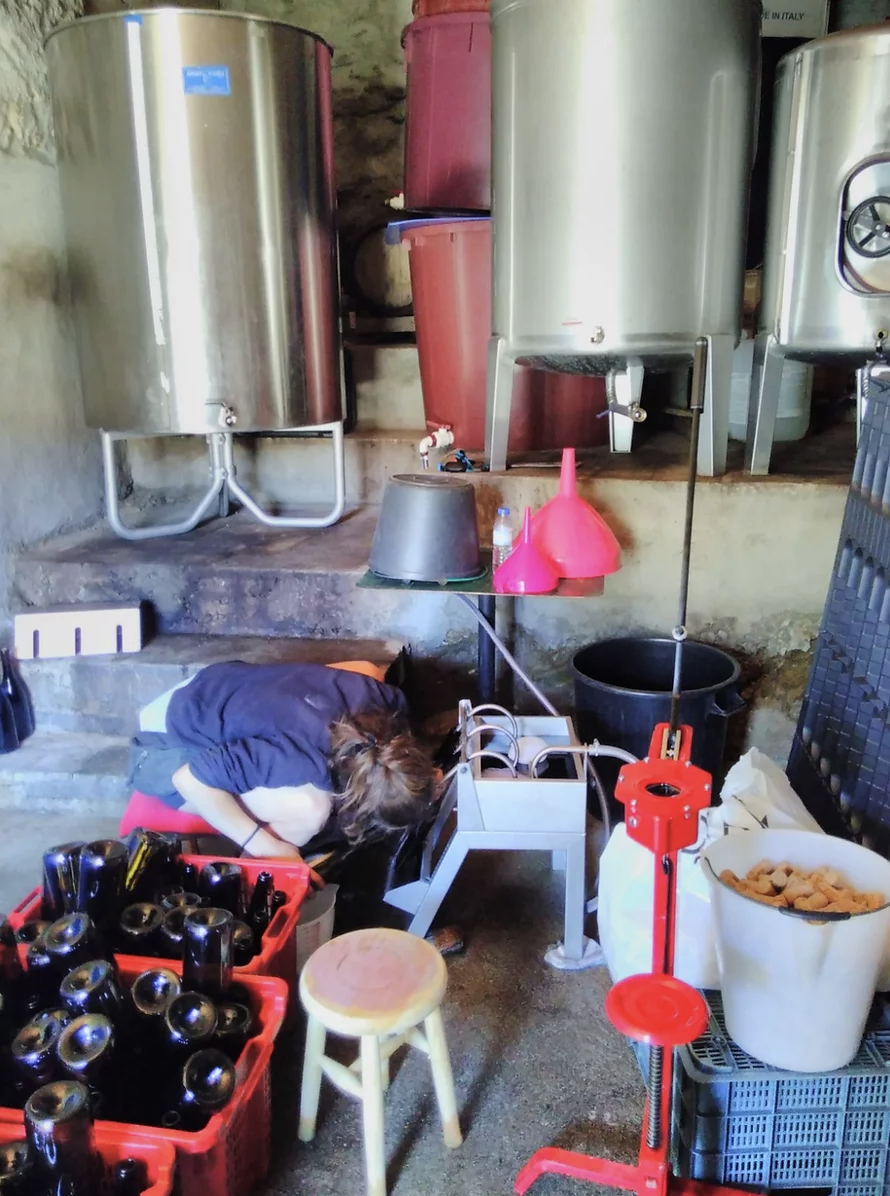
Vinification
In the tiny cellar, the grapes are treaded by foot and fermented by indigenous yeasts, without temperature control or additives. The pressing is manual and aging is done is mainly in stainless steel or fiber vats to avoid wood notes and thus preserve the purity of the wine. During the entire process, the only addition is those of some sulfites, in minimal doses. 30-40mg/L total SO2 at bottling. The wine is without clarification or filtration and is finished with a wax seal to prevent oxidation.
All of this made you curious to try a bottle?
Order your bottle of Menina D’uva in our shop now while stock lasts!

